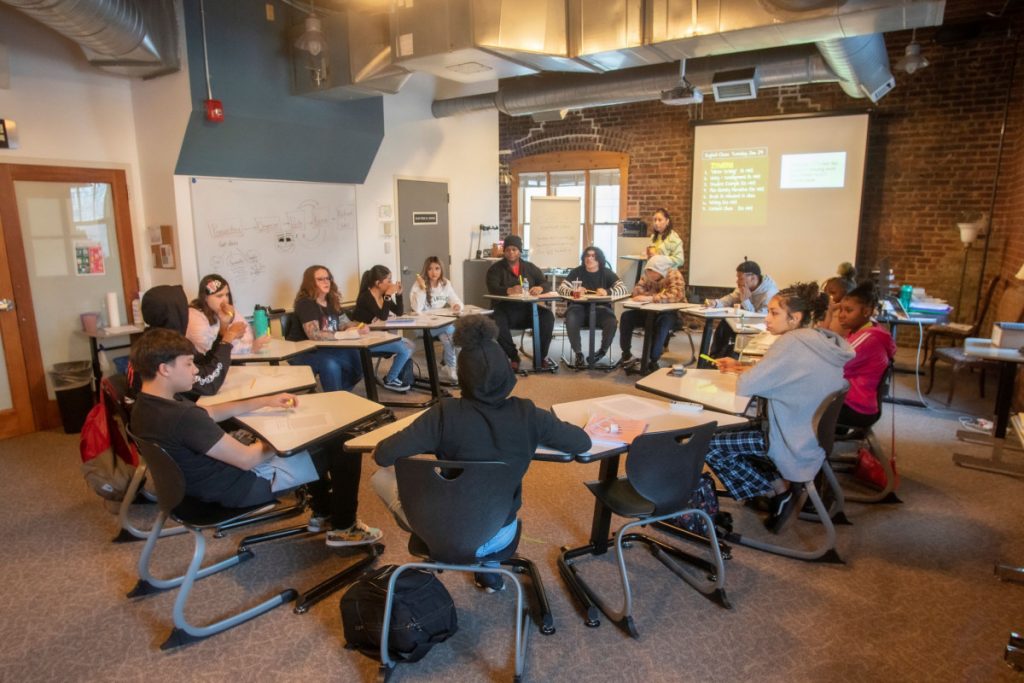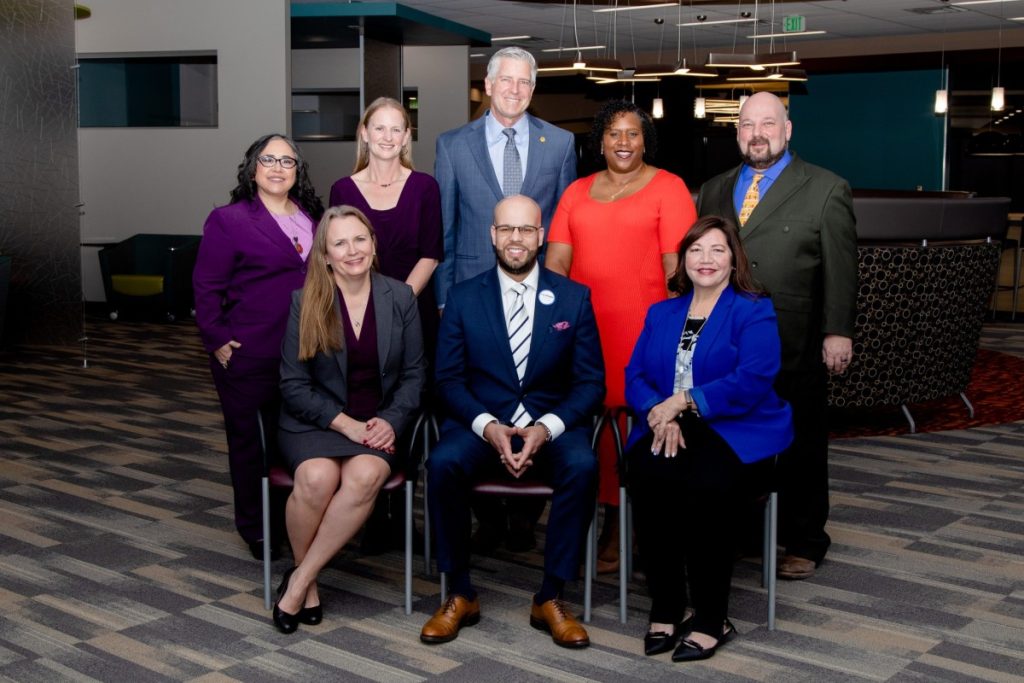It’s become a hackneyed cliché to say that any given election is ‘the most important of our lifetime, ‘or could change the course of ____’ (fill in the blank).
I am not going to say either of those things about the Denver school board election being decided this evening. All such elections are important, their importance strangely mirrored by the lack of voter engagement and dearth of knowledge about candidates and issues.
Rarely do more than a third of registered voters turn out for Denver school board elections, a rare exception being 2019, when teachers union-backed candidates succeeded in ‘flipping’ the board away from support for the reforms of the past 15 years.
Let’s hope turnout keeps climbing this year, whoever wins. Perhaps the public education challenges laid bare by the Covid-19 pandemic will have awakened voters. But I’m not holding my breath.
For those among you who are following the election closely, you can find up-to-date returns here starting at 7 p.m., when polls close.
What’s clear about today’s election is that big money backing various candidates believes the stakes are high. Why else would campaign contributions to Denver candidates directly and through Independent Expenditure Committees this cycle be approaching $2 million, and will perhaps surpass the $2.28 million spent in 2019?
Here are four important issues at stake:
Parental choice. The current board majority has expressed skepticism (at best) about charter schools, innovation zones, and to some extent innovation schools. Projected enrollment declines over the next several years will provide board members skeptical about charters with a pretext for shrinking the charter sector by rejecting new applications and non-renewing existing schools, to keep more money in the system, as dysfunctional as it may be.
Some candidates, notably Xochitil Gaytan in Southwest Denver, Nicky Yollick at-large, and, to a lesser extent, Scott Esserman at-large, are charter-skeptics.
Test-based accountability. A much-needed increase in transparency about school performance created by the federal No Child Left Behind law in 2001 devolved into a standardized testing mania over the following 15 years. Test prep and test-taking consumed far too many instructional hours, as districts and schools panicked at the thought of being held accountable for failing to educate large numbers of their students, and especially students of color.
Over the past few years, testing has been scaled back modestly, and could be streamlined further. Warts, biases, and all, standardized tests are important, because they are the only way to measure how Colorado schools and districts are performing relative to one another. While some current board members and candidates see this as fostering unhealthy competition, the alternative is hiding failures and successes from the parents and the public at large.
Defining and enacting equity. Public education has a habit of taking legitimate issues and talking them to death without taking meaningful action, until those issues become platitudes. Educational equity is one recent example. Denver Public Schools needs to develop a new strategic plan that focuses on improving learning opportunities for the students and families the district has failed for decades. How to do this without offering low-income families the same array of choices more affluent families have by birthright is a question I’ve never heard answered convincingly by choice opponents.
This will be a delicate balancing act in a time of declining enrollment, because taking resources (including top teachers) from the most affluent schools to bolster more challenged schools could lead to an exodus of affluent families, who can afford private alternatives. Some significant rebalancing needs to happen, but it’s going to be tricky and contentious.
The role of the school board. The current board has spent a lot of time in recent months figuring out how to implement policy governance, which defines the role of the board and its relationship to staff. Although DPS has ostensibly been operating under policy governance for many years, this board is attempting to redefine it so that the superintendent and his staff carry out policies that are set, at a high level, by the board. Some of the conversations have focused on what issues the board might decide to wade into at a more granular level by creating ‘executive limitations’ around those issues.
As new Superintendent Alex Marrero concludes his ‘listening and learning tour’ and begins to assert his authority, to what extent will the new board give him room to operate? Will the new board adhere to policy governance, or will it attempt to run the district by resolution, as has been the case frequently over the past two years?
We will begin to see how these issues play out as the new board is seated and begins its work in the coming weeks and months.
Please remember to vote.




